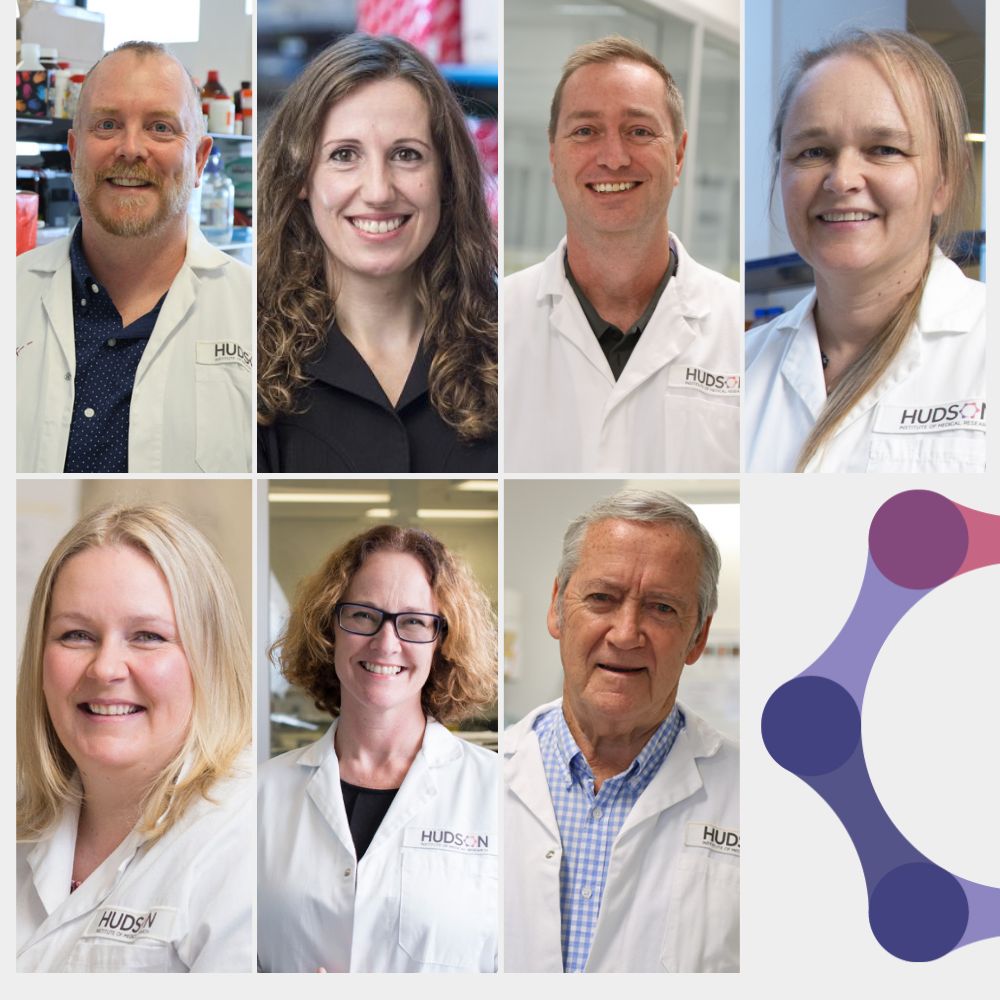Inheritance—new anti-cancer medication may affect offspring
By Hudson Institute communications
Could the environment we live in, our diet, the chemicals we use or the medications we take affect the health and development of offspring and future generations?
New studies by Hudson Institute of Medical Research have revealed how treatment with a new class of anti-cancer medication could affect health and development in offspring- before an embryo is even conceived.
Two studies by Dr Patrick Western and first author, PhD student, Dr Lexie Prokopuk have been published in the journal, Clinical Epigenetics.
“While life-saving cancer treatment is of utmost clinical importance, our research could change the way we approach fertility in patients treated with a new class of anti-cancer drugs,” lead researcher, Dr Patrick Western said.
“For example, the change could mean freezing egg or sperm, or advising patients on the safest time to conceive after treatment. ”
Anti-cancer drugs alter epigenetic roadmap
New classes of drugs are in Phase I and II clinical trials for cancers including blood cancers, lymphomas, mesothelioma, myelomas and some kidney and ovarian tumours. These anti-cancer drugs target specific epigenetic complexes to restrict growth and progression of the cancer or cause cancer cell death.
Now scientists are showing how these anti-cancer drugs could alter the epigenetic ‘roadmap’ contained within eggs.
The team discovered that an epigenetic mechanism regulated by PRC2 is essential for programming eggs in a way that affects growth and development of offspring. In addition, an anti-cancer drug, tazemetostat, that specifically targets PRC2, was able to disrupt this key pathway, potentially affecting the growth and development in offspring.
“When we genetically blocked the function of PRC2 complex in mouse eggs, the mice gave birth to large offspring with altered bone mineral density, increased fat and decreased skeletal muscle content compared to healthy mice,” Dr Western said.
These features are consistent with Weaver Syndrome and Cohen-Gibson Syndrome in humans, two rare conditions in which mutations in genes encoding PRC2 in the egg or sperm result in overgrowth, skeletal abnormalities and learning deficits.
What is epigenetics?
Sperm and eggs transmit both genetic and epigenetic (non-genetic) information to offspring.
Epigenetic modifications control our genes and are responsible for turning particular genes ‘on’ (active) or ‘off’ (inactive)
While our DNA provides the genetic sequence in each individual, epigenetic modifications provide a roadmap to determine how the DNA is interpreted with respect to how genes are switched on and off and how they will affect cell function and development in the future.
It is considered by scientists that epigenetic information in the sperm or egg can be altered by environmental influences, such as diet, drugs and chemicals, in the parent and that these changes can alter health in our offspring.
“Mouse offspring with increased growth and altered bone mineral density were genetically identical to healthy offspring, showing that the cause was passed on through epigenetic instructions from their parents. As tazemetostat also affects PRC2 activity, this drug may affect outcomes in offspring of patients treated with the drug. However, while this is a possibility, the primary concern is immediate patient well-being and the best possible cancer treatment should be used, with effects on eggs or sperm being of secondary concern. Tazemetostat and similar drugs may offer patients the best treatment” Dr Western said.
Dr Western says while the study provides evidence that epigenetic changes can be passed onto offspring through sperm or eggs, new strategies could be developed to help mitigate any issues.
“Sperm or eggs could be preserved to ensure they are protected from drug exposure, or evidence-based guidelines could be developed to advise couples on the safest time to conceive after treatment with these cancer drugs,” he said.
This research was a collaboration with Monash University, University of British Columbia (Canada) and Leiden University (Netherlands).
Contact us
Hudson Institute communications
t: + 61 3 8572 2697
e: communications@hudson.org.au
In this article
About Hudson Institute
Hudson Institute’ s research programs deliver in three areas of medical need – inflammation, cancer, women’s and newborn health. More
Hudson News
Get the inside view on discoveries and patient stories
“Thank you Hudson Institute researchers. Your work brings such hope to all women with ovarian cancer knowing that potentially women in the future won't have to go through what we have!”






